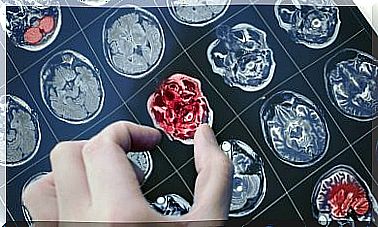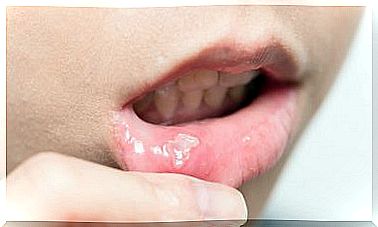The Ketogenic Diet: What You Should Know And Its Risks
The ketogenic diet, or keto diet (from the word ketogenic in English), is a very low carbohydrate diet that has become popular for its ability to help the body burn fat or rather, calories.
According to various research, such as one published in The American Journal of Clinical Nutrition , it has potential benefits for weight loss, health, and athletic performance. And there are millions of people who have already experienced them.
However, if not done carefully, under certain guidelines, this type of diet can put your health at risk. For what reason? Below we will tell you more about this eating model and the dangers it brings to health. Do not miss it!
What is the ketogenic diet?
As a publication in the Indian Journal of Medical Research explains , the ketogenic diet is one that reduces or totally eliminates carbohydrates to force the body into ketosis. This results in weight loss by using fat as an energy source.
Ketosis is a metabolic state in which the body is deprived of carbohydrates as the primary source of glucose for energy. Therefore, it is forced to obtain energy from fat metabolism.
When we deprive the body of carbohydrates, it uses the glycogen stored in the liver as a first resource. Once it is consumed, the body begins to consume the fatty acids, transforming them into ketone bodies. However, its massive release can be dangerous for some organs.
Ketogenic diet: description

The proportion of carbohydrates in a ketogenic diet is usually well below the recommendation of 50 to 60% of total calories. Generally, it provides about 10% or less of the energy in the form of hydrates.
There are ketogenic diets in which the intake of fruits and vegetables is allowed, but in very controlled amounts, while others completely eliminate all sources of carbohydrates, prohibiting the intake of cereals, flours, baked goods and also fruits, vegetables and legumes.
Also, there are ketogenic diets in which fasting is used to promote the initial formation of ketone bodies, which must later be sustained to achieve weight loss at the expense of high fat oxidation.
As we can see, there are many ketogenic diets and all have the ultimate purpose of promoting the burning of fat – or rather, calories – and then giving rise to ketone bodies in the body.
Problems with following the ketogenic diet
At a general level, entities such as Canadian Family Physician warn that eating models such as the ketogenic diet can cause side effects such as constipation, halitosis, muscle cramps, headache, diarrhea, weakness and skin rash. We will detail it below.
1. Reduction of the consumption of fruits and vegetables

Since most ketogenic diets minimize the consumption of vegetables and fruits, the body receives a lower intake of vitamins, minerals and fiber that are so abundant in these foods. This could be solved by taking a vitamin supplement if you follow this type of diet.
2. Reduction of fiber intake
By taking so little fiber, another consequence is that constipation usually appears, so it is advisable to take some type of infusion that has laxative effects, such as mallow.
3. Bad breath

Among other things, it is also common to suffer from bad breath or halitosis due to the high production of ketone bodies. In addition, some studies suggest that this type of diet would increase the feeling of tiredness or fatigue due to the lack of carbohydrates in the diet.
4. It could reduce the cognitive level
Because the brain must use ketone bodies to replace glucose, its fuel of choice, cognitive performance can be affected, as demonstrated by American scientists.
5. It’s harder to follow
Also, although many consider ketogenic diets to be easier to follow, studies show the opposite, since the inability to consume very popular foods such as cereals, bread, legumes, fruits or vegetables, significantly reduces adherence to it.
6. Could cause ketoacidosis
In extreme cases, ketoacidosis can occur if ketone bodies are massively increased in the blood, which can lead to organ damage or even coma.
For this reason, to undergo this type of diet it is essential to have a good previous state of health and to make regular consultations with a health professional, since if you have kidney or liver failure we can have serious problems when doing it.
Caution!
In addition to the inconveniences that are added to this type of diet, some risk groups with greater vulnerability are:
- People with kidney failure.
- Pregnant or lactating women.
- People with liver or heart problems, since in some cases it has led to the development of arrhythmias.
The ketogenic diet is not a diet that we can live a lifetime or that promotes healthy lifestyles. It does not constitute a balanced diet, but rather offers an occasional and temporary alternative to lose weight and fat.
Finally, remember that for any nutritional regimen that you are going to follow, it is important to visit a specialist who reviews your current state of health, as well as your progress.









